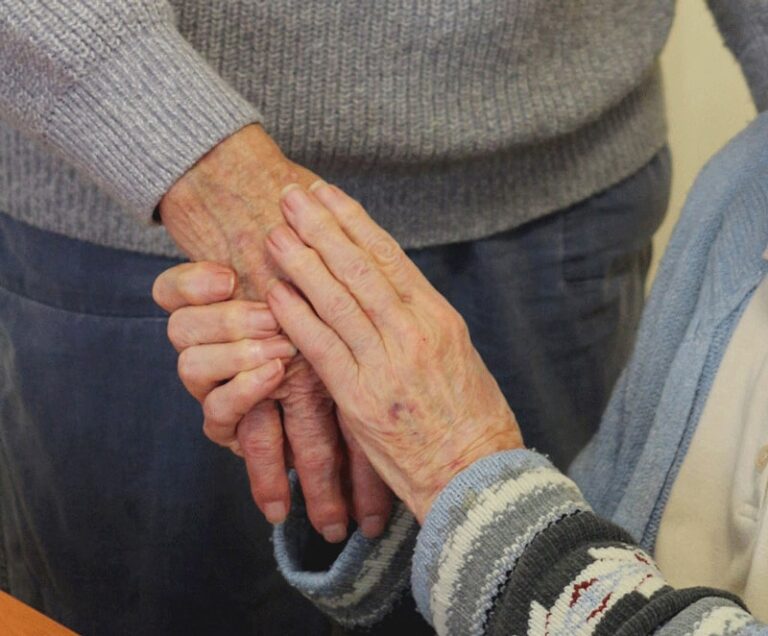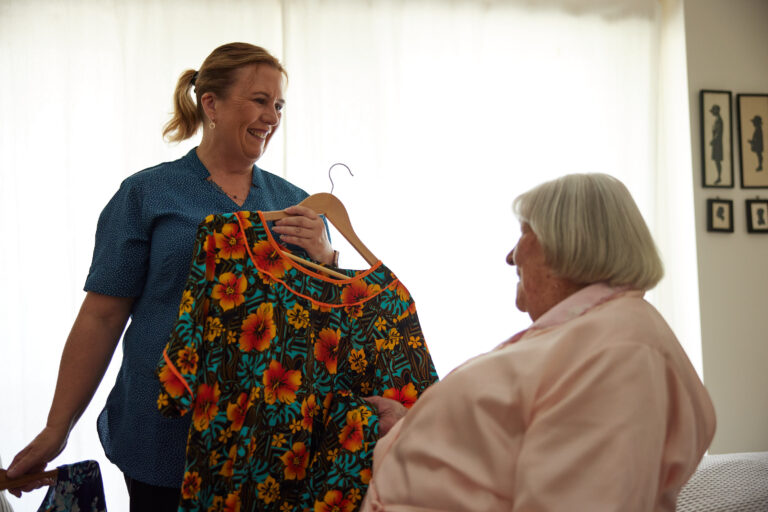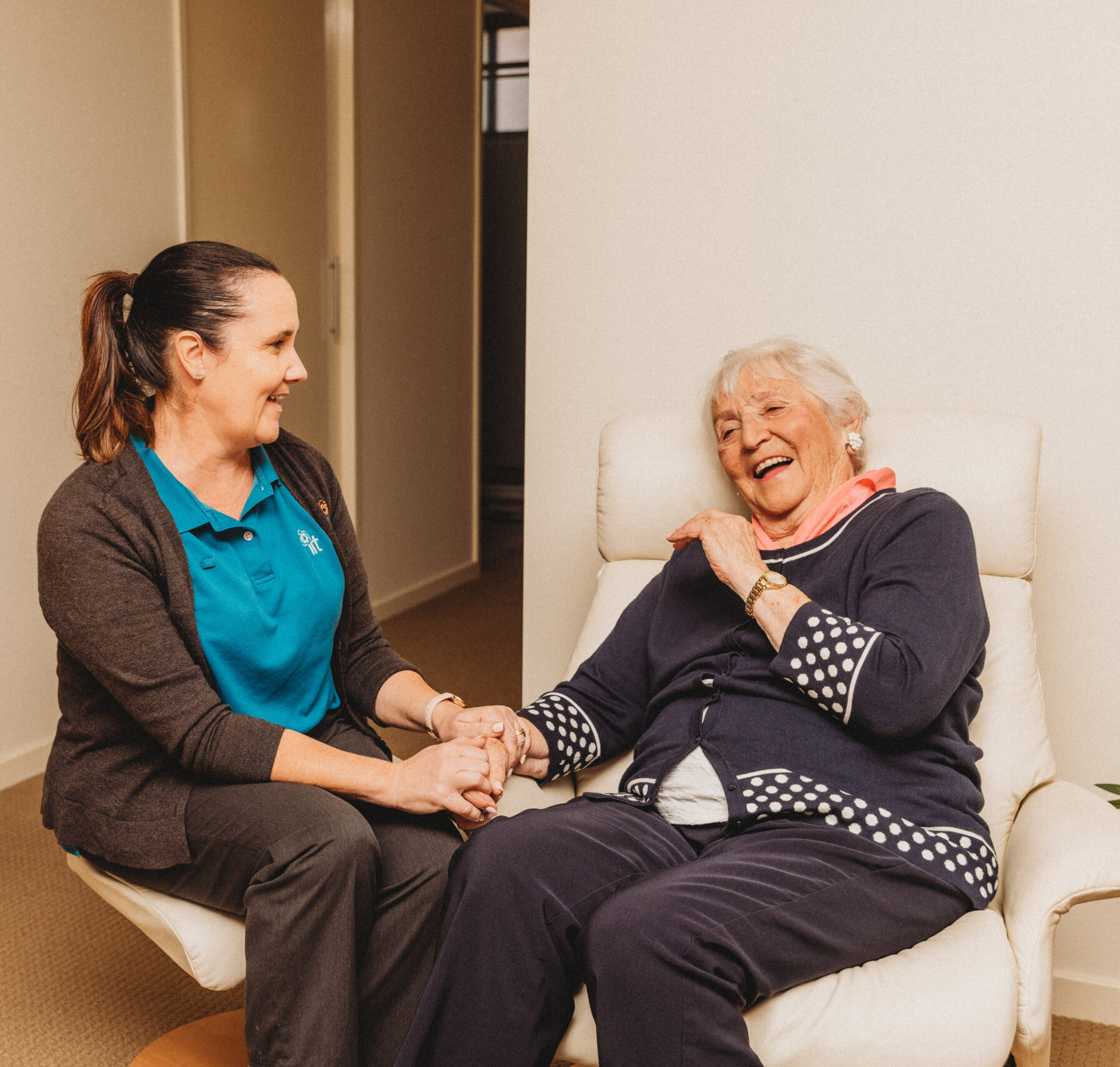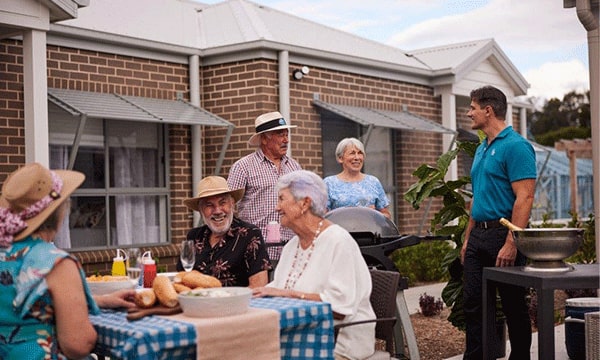How to help the elderly cope with grief and loss
At some point in our lives, we’ll all experience what it’s like to grieve the loss of someone or something we love and care about.

At some point in our lives, we’ll all experience what it’s like to grieve the loss of someone or something we love and care about. Whether it’s losing a child, family member, spouse, pet, or leaving a family home, grief and loss comes in many forms and affects everyone differently.
While seniors may often have more experience dealing with these types losses, it’s still incredibly important for them to get the help and support they need to deal with these difficult situations.
According to Beyond Blue, between 10 and 15 per cent of Australians over the age of 65 are already experiencing depression. To help prevent our loved ones from reaching this point when they experience grief and loss, there are several things we can do to try and help them.
How to identify signs of grief or loss in the elderly
Author Elisabeth Kübler-Ross describes the five stages of the grief cycle in her 1969 book titled On Death and Dying. These include:
- Denial – having difficulty believing what has happened
- Anger – questioning the fairness of the loss
- Bargaining – wishing to make a deal with fate to gain more time with the one who was lost
- Depression – becoming very sad about the loss
- Acceptance – feeling some resolution to the grief and more ability to go on with life.
It’s important to note, however, that these five stages of grief don’t always happen in chronological order. In fact, sometimes someone may get stuck at one stage and never be able to move on from that stage.
Some other signs that someone you care about may be experiencing grief or loss can include:
- shock or disbelief
- confusion or forgetfulness
- loss of appetite
- fatigue
- irritability
- sadness and anguish
- poor sleep
- mild feelings of guilt
- poor concentration
- difficulty getting motivated
- withdrawing from family and friends, and
- significant weight loss.

How you can help - tips for helping the elderly cope with grief or loss
- Keep in regular contact
Whether your loved one lives in their own home or in a residential aged care centre, it’s important to keep in regular contact and try visit them on a regular basis. If visiting isn’t possible, the next best thing is a phone call or video call to show you care. Your visits or calls will give your loved ones something to look forward to and can have a positive impact on their mental health. When you visit or call, ask how they’re feeling. Each day can be different for someone who is grieving – they might have been fine one day, but struggling the next. Take the time to listen and understand what they’re going through. - Listen – and let them express their grief
It’s important to let your loved one know it’s okay to grieve and mourn. At times like this, there’s not a lot you can say to make things better. Sometimes the best thing to do is to just be there and listen to what they have to say. Your company, and an ear to listen can often have more of an impact than words. - Help keep their mind busy
Keep your loved one updated on positive things that have been going on in your life – and in the world – to help keep their mind busy. Their loss and grief does not have to be the focus of all your conversations. Sharing stories and information with them is a good way to try and lift their spirits and help them stay connected with you, your family and the broader community. - Ask how you can help
A few home cooked meals, doing the shopping or taking them out to do something enjoyable for the day can all help someone through their grief. If you know someone who has walked a similar path, offer to connect your loved one. Connecting people who have suffered in a similar way can also help your loved one know they’re not alone. You could also let them know you’re always available to talk about their grief or loss too if they wish. Talking and reflecting on cherished memories with a loved one who has passed can be beneficial for many people experiencing a loss. Focus on happy memories and the good times they had with their loved one, rather than the loss itself. - Avoid judgement
Everyone deals with grief and loss differently. Some people can talk about it and openly express their feelings, whereas others may bottle it up and deal with their emotions privately. Don’t be critical if your loved one deals with grief differently to you, or if they need to take a break from grieving to do something for themselves to feel better.
There’s no time limit for grief, and milestones like the anniversary of the loss, birthday of the person lost, or a wedding anniversary can cause elements of grief to resurface and leave your loved one reeling. If you notice however that someone you care about is getting worse over time instead of better, and it’s interfering with their quality of life, it might be worth encouraging them to seek professional support from their GP, a grief counsellor or mental health provider.

Let us help find the right solution for you
If you or your loved one are needing some assistance, we have a number of options depending on the level of care needed. At IRT, we’ve been helping older Australians live their best lives for more than 50 years. We offer residential aged care and home care services in various locations across NSW, ACT and Qld.
Find out moreYou may also like
What is Ageing in Place?
Ageing in place refers to continuing to live in the community, with some level of independence, rather than in residential aged care.
The benefits of living in a retirement village
Read about the benefits of retirement village life, including the lifestyle, community and health benefits.


